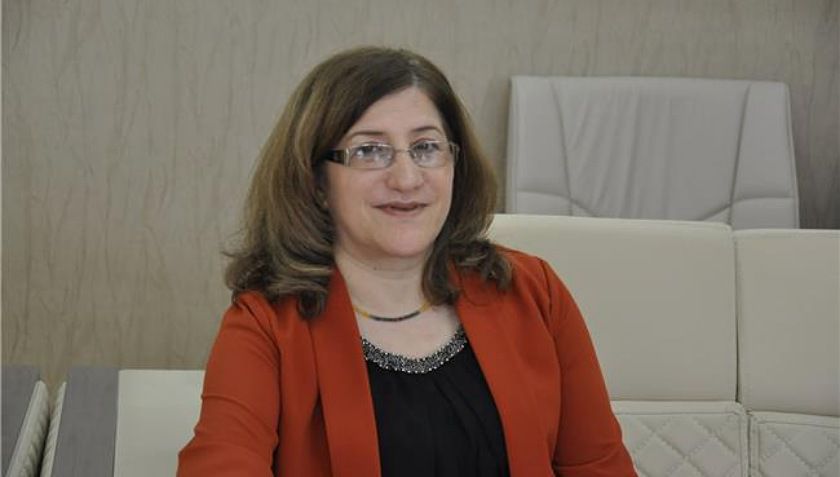Vocational training impacts over 9,000 Kurdish youth, reducing unemployment and fostering entrepreneurship.
According to Zakia Sayed Saleh, the Kurdistan Regional Government’s Deputy Minister of Labor and Social Affairs, in recent years, they have effectively assisted many individuals in securing jobs in the private sector by creating a multitude of job options for Kurdish youngsters.
Saleh says, “Thousands of young people from both genders have participated in training programs at our centers during the past five years,” in an interview with Kurdish Globe. “These people have either started their own businesses or obtained employment in the public and private sectors. We’ve made two kinds of career opportunities available to young people of both genders. First, the institutions within our ministry employ more than 500 people. The unemployment rate has significantly dropped by 2024.”
She continues, “The second route involves working directly and indirectly with the corporate sector. Three of the ten vocational training centers that we have opened have occurred during this government’s term. We’ve resumed operations despite financial difficulties. Youth can choose from a variety of vocational courses. According to our follow-up data, 30% of participants become self-employed.”
Saleh explains, “Our directorates have employment departments that daily match job seekers registered with us to available positions across all four provinces and independent administrations.”
“We’ve opened 676 vocational training courses with 9,718 participants from 2019 to late 2023,” she continues. “Many courses are still open as of the first half of 2024. Participation in vocational courses is in high demand, and gender parity has been preserved. In our courses, women are at least equally represented if they do not outnumber men.”
The number of courses established, and jobs produced for youth are made clear by statistics provided by the Deputy Minister of Labor and Social Affairs. She says, “In 2021, 152 courses with 2,216 students enrolled were opened. In 2022, 1,878 students enrolled in 124 new courses. With 2,234 students, 165 courses were launched in 2023.”
She also made the following observation: “In 2019, 565 individuals were employed, 1,272 new work possibilities were generated, and 3,735 persons of both genders registered as unemployed. In 2020, 690 new jobs were created, 3,482 people of both genders registered as unemployed, and 65 persons found employment. In 2021, there were 4,688 youth jobless registrations, 2,568 new job openings, and 777 active youth jobs. In 2022, 374 individuals were employed, 2,425 job opportunities were established, and 8,618 jobless people registered. In 2023, there were 2,204 registered unemployed individuals, 1,158 new job opportunities, and 446 active employees. In 2024, 319 persons filed for unemployment, while 384 new jobs were created and 20 people found employment.”
“More than 500 individuals have been hired on a contract basis as needed,” says Zakia Sayed Saleh in her conclusion. “The private sector has nevertheless received more of our attention. For instance, people enroll in ministry courses or come to learn sewing and hairdressing. They then open a shop of their own. Many of them now own their own businesses after learning mobile phone repair from us. Most of those who have been able to secure employment do so in the private sector.”

